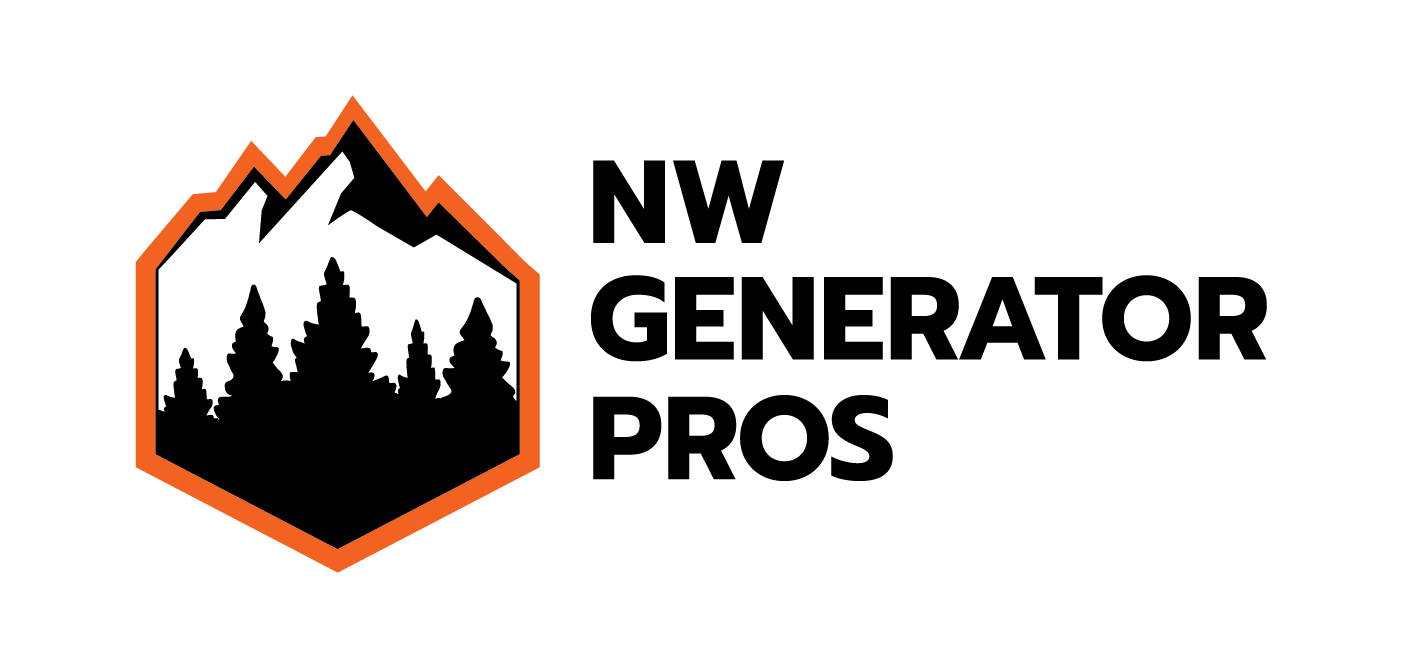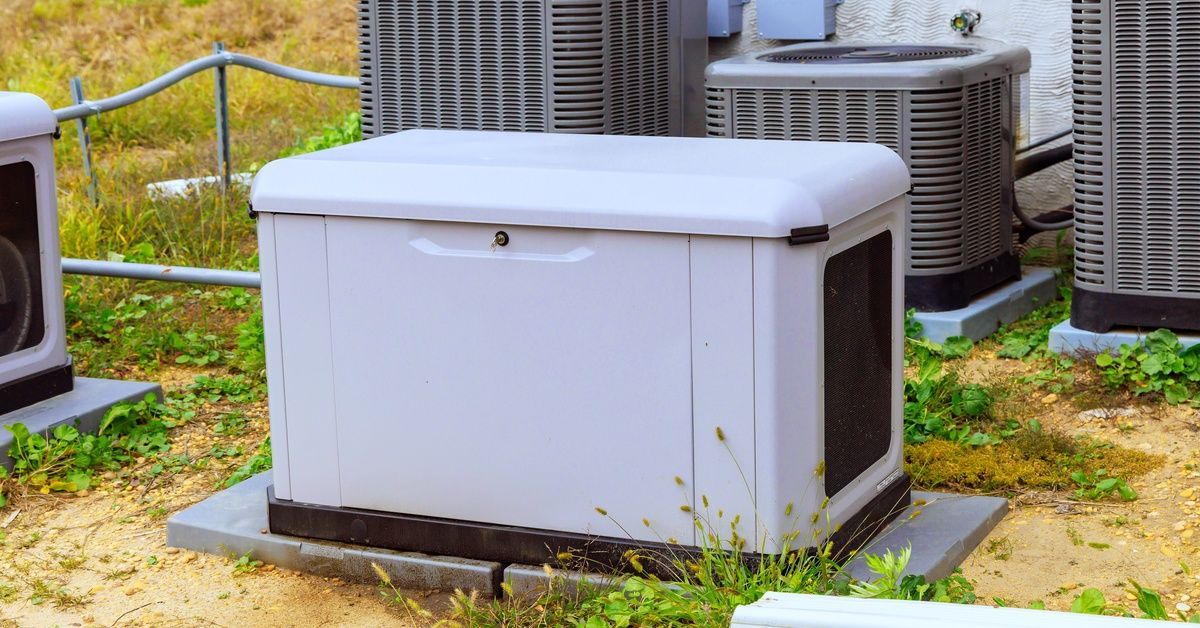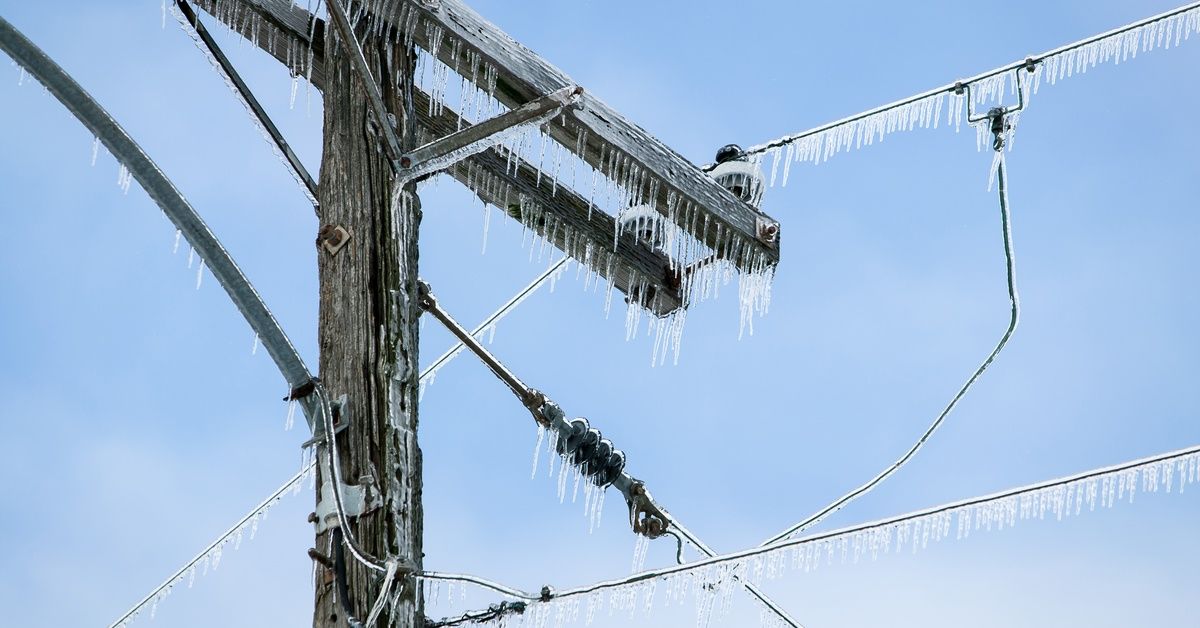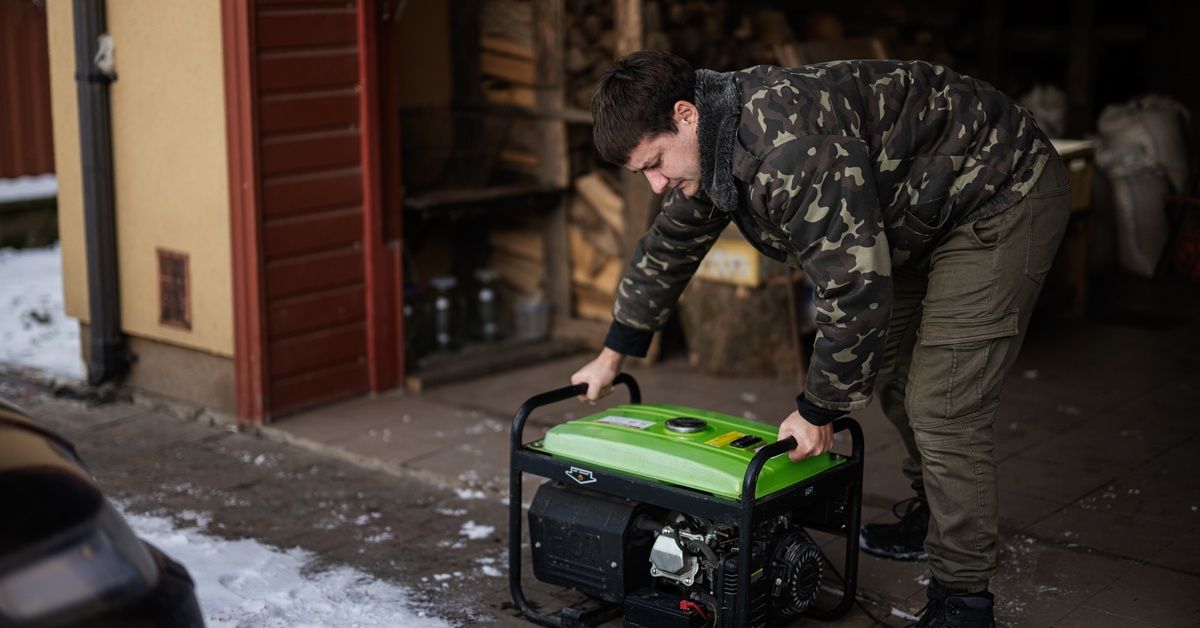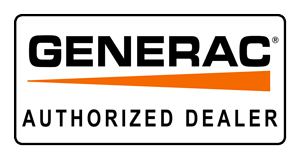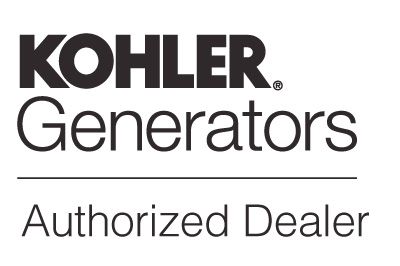Generator Installation: Avoiding Common DIY Mistakes
A whole-home generator keeps your family safe and comfortable during power outages. It powers the essentials, such as lights, refrigerators, and heating systems, ensuring that life continues smoothly.
However, installing a generator requires precision and expertise. Many homeowners attempt to handle this task themselves, but avoiding common DIY mistakes with generator installation is tricky without professional installation. Keep reading to learn more about the mishaps that can accompany a DIY approach.
Skipping Local Codes and Permits
Many DIY enthusiasts overlook local regulations when installing a generator. Municipalities enforce strict codes for electrical and plumbing work to protect homeowners and their communities.
Failing to obtain the proper permits or undergo necessary inspections can result in fines, voided insurance claims, and even safety hazards. Professional installers ensure compliance with all local requirements, saving you from potential legal and financial headaches.
Choosing the Wrong Generator Size
Sizing a generator isn’t as simple as it seems. An undersized unit won’t meet your home’s power needs, leading to overloads and potential damage to both the generator and your appliances.
On the other hand, an oversized generator wastes fuel and increases operating costs. Professionals perform detailed load calculations to match your home’s specific energy demands, ensuring efficiency and reliability during an outage.
Implementing Improper Electrical and Fuel Connections
Wiring a generator to your home’s electrical system is not a task to take lightly. Mistakes in connecting the transfer switch can cause back-feeding, which is a dangerous condition where electricity flows back into utility lines.
This puts utility workers at risk of serious injury. Similarly, improper fuel line connections can lead to leaks, creating fire or explosion hazards. Certified technicians have the training to handle these complex tasks safely and correctly.
Making Poor Placement Decisions
Where you place your generator is important. Installing your generator too close to windows, doors, or vents can allow carbon monoxide to seep into your home, posing a deadly risk.
Additionally, improper placement can lead to overheating or noise violations. Professionals know how to evaluate your property and select a location that provides safety, proper ventilation, and compliance with local noise ordinances.
Why Professional Installation Matters
A generator is a significant investment, and its reliability depends on proper installation and maintenance. Professional installers handle every detail, from securing permits to confirming safe electrical and fuel connections. They eliminate the guesswork, protect your home, and give you peace of mind.
By consulting trusted, experienced professionals like the team at NW Generator Pros, you can avoid these common DIY generator installation mistakes and ensure your generator delivers the reliability and safety your home deserves. Don’t let a DIY approach compromise your investment or your family’s well-being. NW Generator Pros specializes in generator installation services in Portland, OR , providing a high level of expertise to guarantee your generator operates safely and efficiently.
